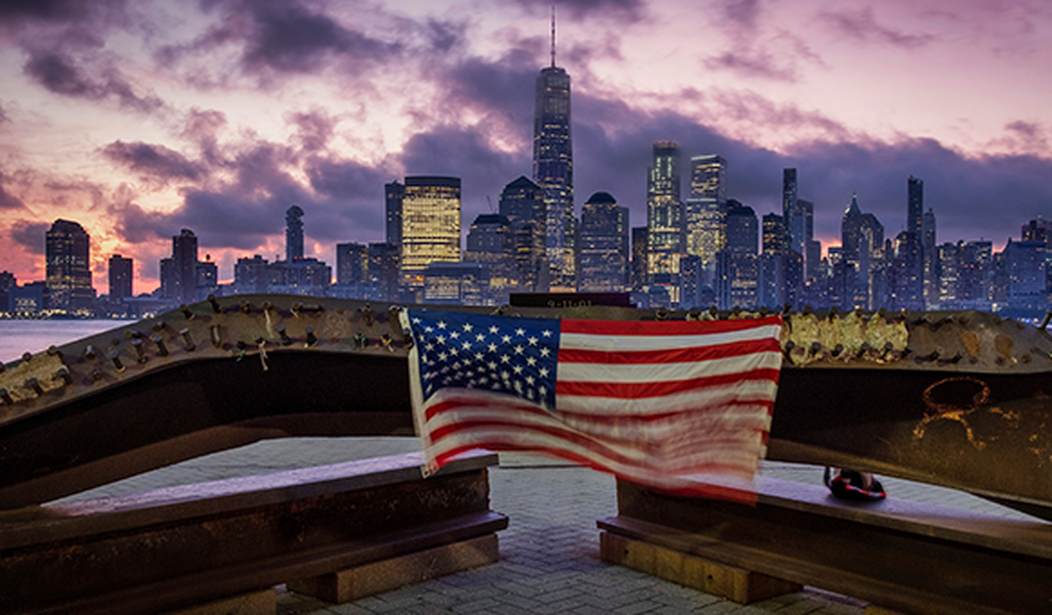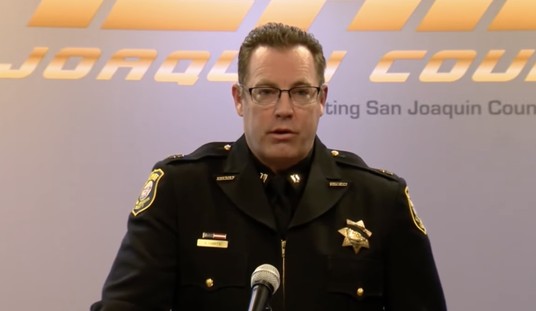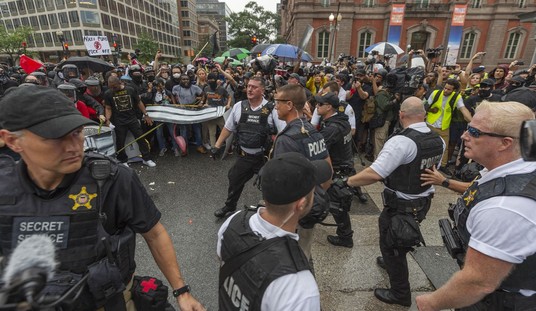Growing up, I wanted to be just like my Aunt Ina. My late father’s elder sister, who’s in her eighties and still raring to go on her family’s Kentucky farm, was a nurse. There’s even a photo somewhere of a five-year-old me at a family get-together, wearing a play nurse’s outfit.
My aunt, like anyone who dedicates their life to the healing professions, has certain traits. Selflessness, kindness, compassion.
So, it didn’t surprise me to start hearing stories about doctors, nurses, and other medical personnel from across the country streaming to New York City to help douse the five-alarm, Wuhan coronavirus fire. For them, it’s no different from 9/11. It’s serious business for nurses like this one:
“I want to go (to New York) to help people in need who are sick. That’s my gut feeling as a nurse.” https://t.co/zsSR7U4HiJ
— Austin Statesman (@statesman) April 17, 2020
Alex Render, who works as director of emergency management for Krucial Staffing, the company contracting healthcare workers for New York, explained to the Austin American-Statesman “the company is paying the health care workers; providing hotel accommodations and food; and continuing payment for 14 days if a worker has to self-quarantine after becoming sick.”
Render also shared how they take care of the workers, even after they head home, the Statesman reported:
All workers are allotted two paid days off and are paid for an extra two weeks after they stop working to account for their self-isolation period before returning home, Render said. If they want to stay after 21 days, they take a three-day break and are contracted for another 21 days, Render said.
At least two nurses and a doctor from the Phoenix area have headed to New York, as well. The first week of April, Lindsay Helbert, a nurse and mom of seven, whose family lives in suburban Phoenix, shared her story with Phoenix’s CBS station. She and a friend from medical school went together.
According to CBS Phoenix:
The two will be in the Empire State for three weeks straight. Helbert is confident she’s prepared but admits she’s a little nervous to be heading to such a huge hot spot. Her specific assignments there are up in the air.
“It could be anything from swabbing patients in a parking lot to taking care of people in a makeshift hospital,” she said. “I may be doing some labor and delivery.”
Helbert’s husband (who isn’t named in the story) also shared his concerns about his wife’s call to the national, coronavirus hotspot:
“It’s terrifying for me,” Helbert’s husband said. “It’s bad enough to have your wife gone for 21 days. But for her to leave and to be going into the epicenter of a world pandemic is a little unnerving.”
Then in a follow-up last week, the station spoke to Dr. Gregory Margolin, also of Phoenix. They asked him what movitated him to go to New York. Margolin said, “Helping NYC, a place I have loved since my training days, brings additional meaning and motivation as I lend my time.”
As CBS Phoenix explained:
Dr. Margolin went through first responder training in hopes of being able to help after 9/11 but was never called upon to use his disaster preparedness skills.
….
He will be flying back just in time for his daughter Isabella’s 16th birthday, although he will be in quarantine and will have to celebrate virtually with his family, including his wife Alyssa and son Evan, 14.
Brooklyn – New York,
September 11, 2001by Thomas Hoepker pic.twitter.com/xgnaP7RDUC
— Michael Warburton (@mikewarburton) April 20, 2020
In addition to these sacrifices by our civilian, medical personnel, Air Force Reserve units nationwide also headed to NYC and the Northeast this month. An April 5 story from Phoenix’s CBS affiliate reported on the Grand Canyon state’s contribution:
Luke Air Force Base also sent several members of the 944th Aeromedical Staging Squadron to help with the COVID-19 response in New York City and surrounding states.
Their deployment is part of a larger mobilization package, activated by President Donald Trump, of more than 120 doctors, nurses, and respiratory technicians that Air Force Reserve units across the nation….
“We did not want to pull a doc or nurse out of their community clinical practice or hospital if already ensconced in coronavirus operations,” said Col. Teresa Bisnett, Air Force Reserve Command surgeon general. “It was truly a team effort with our units to ensure the right Reservists were selected to provide this surge capability to our nation.”
In a RedState Diary published earlier today, North Carolina state Senator Ted Alexander stressed how important it is that our frontline medical professionals get the supplies and support they need from Congress right now, while fighting to end the pandemic.













Join the conversation as a VIP Member